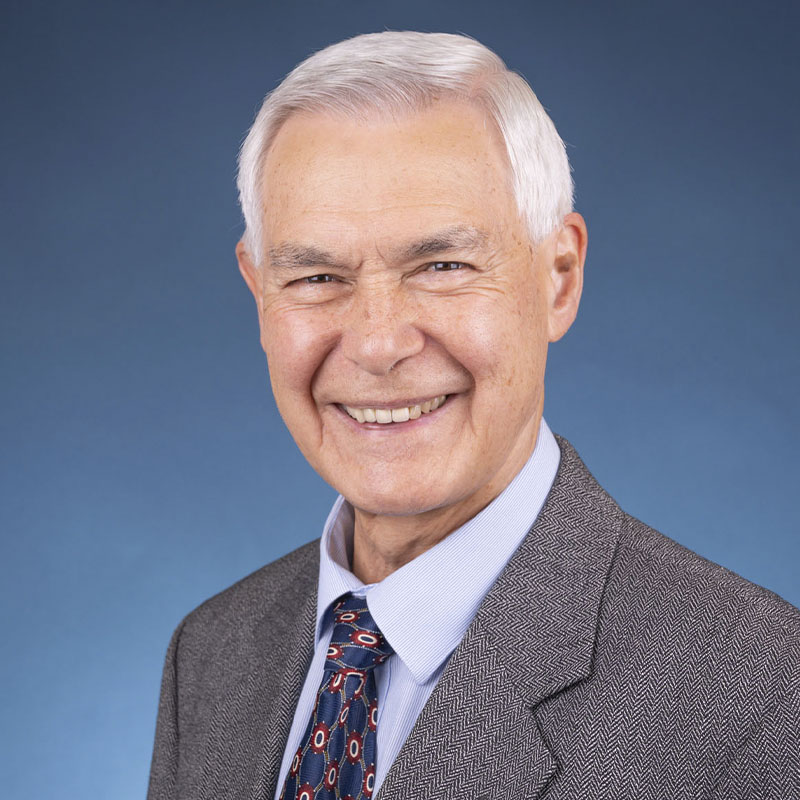This phrase found in 1 Corinthians 15:29 has baffled biblical students for centuries. Should we try to help dead people by being baptized for them? What is the true meaning of “baptism for the dead”?

Paul's reference to baptism for the dead is confusing to modern readers, but it is clearly associated with hope.
The practice of being baptized for those friends or relatives who died unbaptized is founded on a misunderstanding of 1 Corinthians 15:29: “Otherwise, what will they do who are baptized for the dead, if the dead do not rise at all? Why then are they baptized for the dead?”
Can a living person help a dead person by being baptized for him or her? Did Paul teach proxy baptism or vicarious baptism?
To understand what this does and does not mean, we need to get an overview of both baptism and death in the Bible.
The Bible teaching on baptism
It is clear from biblical instruction that there are important requirements individuals have to meet before they may be baptized.
- First, a person is commanded to repent before being baptized and receiving the gift of the Holy Spirit (Acts 2:38). Romans 6:1-14 shows that baptism is symbolic of the death and burial of the old self and a readiness to surrender that self to God and His laws. Repentance means a willingness to change our old sinful past and begin a new life of obedience to God. (For more on this, see our booklet Change Your Life!)
- Second, the person must “believe” (Mark 16:16; Acts 16:31-33)—believe and have faith in the sacrifice of Jesus Christ. And that belief must be followed by a life that consistently produces the fruit of the Holy Spirit (Galatians 5:22-23). According to the apostle James, faith and works form an integral part of a Christian’s life (James 2:14-18). You can’t have one without the other.
There is no teaching anywhere in the Bible that the dead are able to fulfill these requirements for baptism. The Bible tells us, “The dead know nothing” (Ecclesiastes 9:5). Baptism is for the living, not the dead.
Furthermore, how can someone who is dead produce the fruit of the Spirit? This spiritual growth process is a challenge for living Christians, and logically, it is utterly impossible for those who are dead.
The resurrection: the promise for the saved
Now that we’ve looked at the requirements and purpose of baptism, we can take a closer look at the context of 1 Corinthians 15:29.
The entire chapter of 1 Corinthians 15 explains the resurrection from the dead. An incredible and astounding hope awaits those willing to dedicate their lives to overcoming and serving God.
Unless there is a future for real Christians who accept the daily challenges of putting God first in their lives, then, as Paul said, “Let us eat and drink, for tomorrow we die!” (verse 32). Paul explained that this physical life would be futile and pointless without the promise of a resurrection to eternal life after we die.
Paul even makes this telling statement: “If in this life only we have hope in Christ, we are of all men the most pitiable” (1 Corinthians 15:19).
What is baptism for the dead?
In 1 Corinthians 15:29 Paul cannot be advocating that people should be baptized in the place of, or on behalf of, the dead. Knowing the requirements for baptism, those readings make no sense.
Vincent’s Word Studies in the Greek New Testament explains, “The Greek expositors regarded the words the dead as equivalent to the resurrection of the dead, and the baptism as a manifestation of belief in the doctrine of the resurrection.”
Vincent’s Word Studies in the Greek New Testament explains, “The Greek expositors regarded the words the dead as equivalent to the resurrection of the dead, and the baptism as a manifestation of belief in the doctrine of the resurrection.”
Looking at the context of 1 Corinthians 15:29 it seems people in Corinth were being baptized for the hope of the dead—the resurrection.
The entire 15th chapter is about the resurrection from the dead. Paul ties in the ceremony of baptism with the hope real Christians have in the resurrection to eternal life in the Kingdom of God.
This verse does not teach that we can be baptized on behalf of unbaptized relatives or friends who have died. In the various verses in the Bible that discuss the subject of baptism, there is no command to “baptize for the dead.” The absence of such a command would be most unusual if it were a requirement for true Christians.
But, as we have seen, no one can repent for another, whether dead or alive.
Read what the Bible says about this matter in Ezekiel 14:14-20. Not even righteous people like Noah, Daniel and Job would have been able to deliver or save their sons and daughters by their own righteousness. Each individual is held personally responsible for his or her actions, whether good or bad.
The hope that awaits us
Writing to baptized Christians who had received the “firstfruits of the Spirit,” Paul said, “For we were saved in this hope” (Romans 8:23-24). He added, “We eagerly wait for [hope] with perseverance” (verse 25). Furthermore, Paul lived “in hope of eternal life which God, who cannot lie, promised before time began” (Titus 1:2, emphasis added throughout).
Hope is a positive expectation of the future that should fill us with eager anticipation and strong desire.
In whom should we place our hope and trust? The governments, organizations and institutions of this world? Or the rock-solid promises of Almighty God, who has all the power to carry out what He has promised? God cannot and will not go back on His word! This cannot be said of human leaders and institutions.
If we faithfully follow God’s ways and endure to the end, then we shall inherit eternal life in the Kingdom of God. We will live forever in happiness and joy.
This is made clear in Philippians 3:20-21: “But our citizenship is in heaven. And we eagerly await a Savior from there, the Lord Jesus Christ, who, by the power that enables him to bring everything under his control, will transform our lowly bodies so that they will be like his glorious body” (New International Version).
Notice a similar promise in 1 John 3:2: “Beloved, now we are children of God; and it has not yet been revealed what we shall be, but we know that when He is revealed, we shall be like Him, for we shall see Him as He is.”
This is our hope. There can be no greater opportunity and blessing given to anyone!
Grasp the opportunity
This promise should motivate us to persistently and conscientiously strive for this incredible human potential: “And everyone who has this hope in Him purifies himself, just as He is pure” (verse 3).
Our future inheritance is incapable of decay—it cannot be defiled or corrupted (1 Peter 1:4-5). Nothing that happens on this earth can have a negative impact upon the inheritance promised to the children of God.
Is there anything in this life that can pass that same test?
So baptism for the dead in 1 Corinthians 15:29 is not proxy baptism. Baptism for the dead essentially means baptism for the hope of the dead. And the hope of the dead is the resurrection—a future event that will occur for true Christians at Christ’s return. It is up to each of us to grasp the marvelous and awe-inspiring opportunity our Heavenly Father is offering us.
The dead do have hope
God’s desire is that all individuals should be saved by repenting and responding to the knowledge of His truth (1 Timothy 2:4; 2 Peter 3:9). However, He leaves the decision of how to respond to His calling up to each individual.
We can’t respond for someone else, but God does have a plan to give every person a full and complete opportunity for salvation. How will He do this? He cannot be thwarted by death. See our articles “Is God Fair?” and “Are Most People Eternally Lost?” The Bible’s answer is as incredible as it is rarely understood.
For more about baptism, see our booklet Change Your Life! And for more about God’s plan for all people that cannot be hindered even by death, see our booklet The Last Enemy: What Really Happens After Death?





